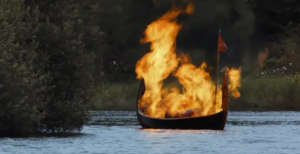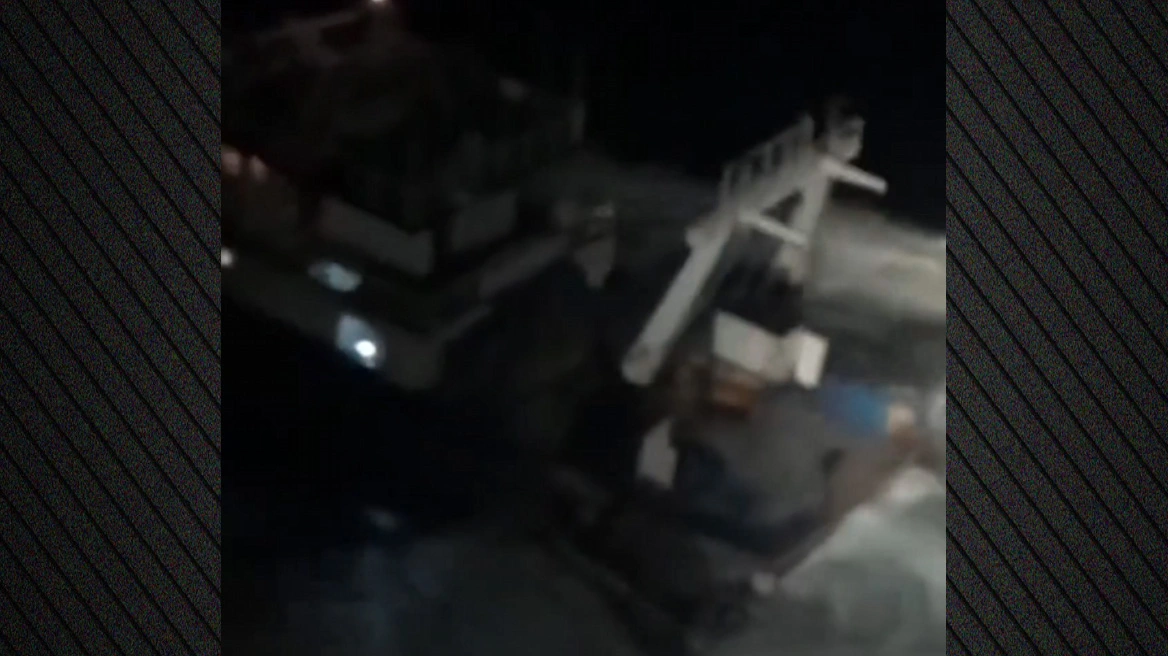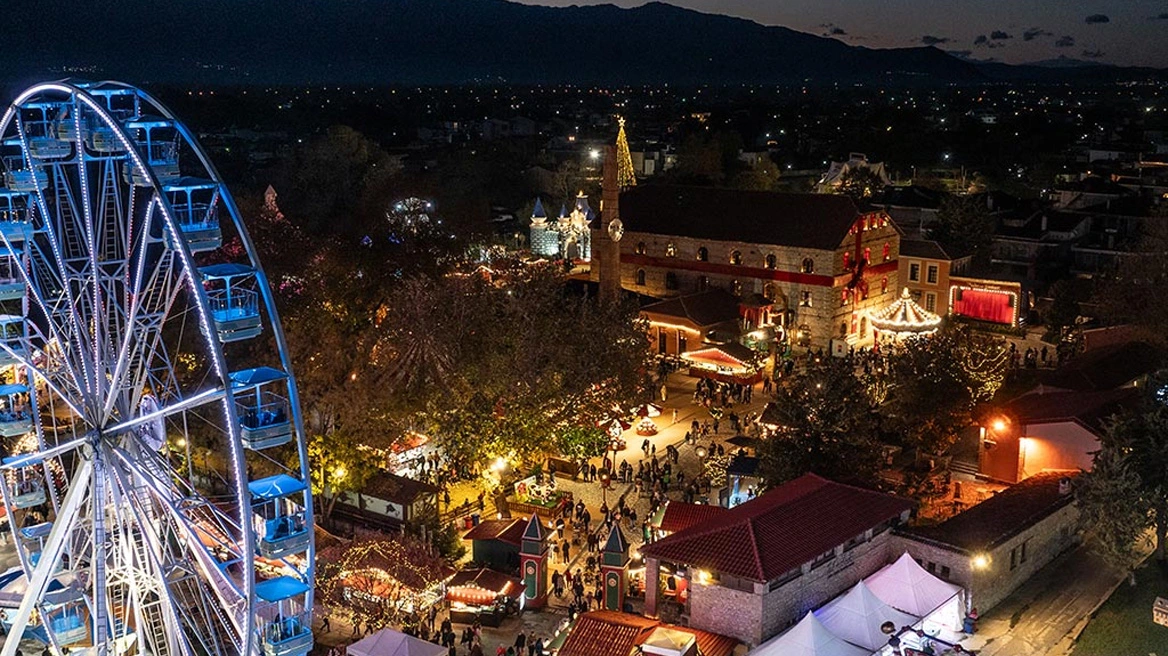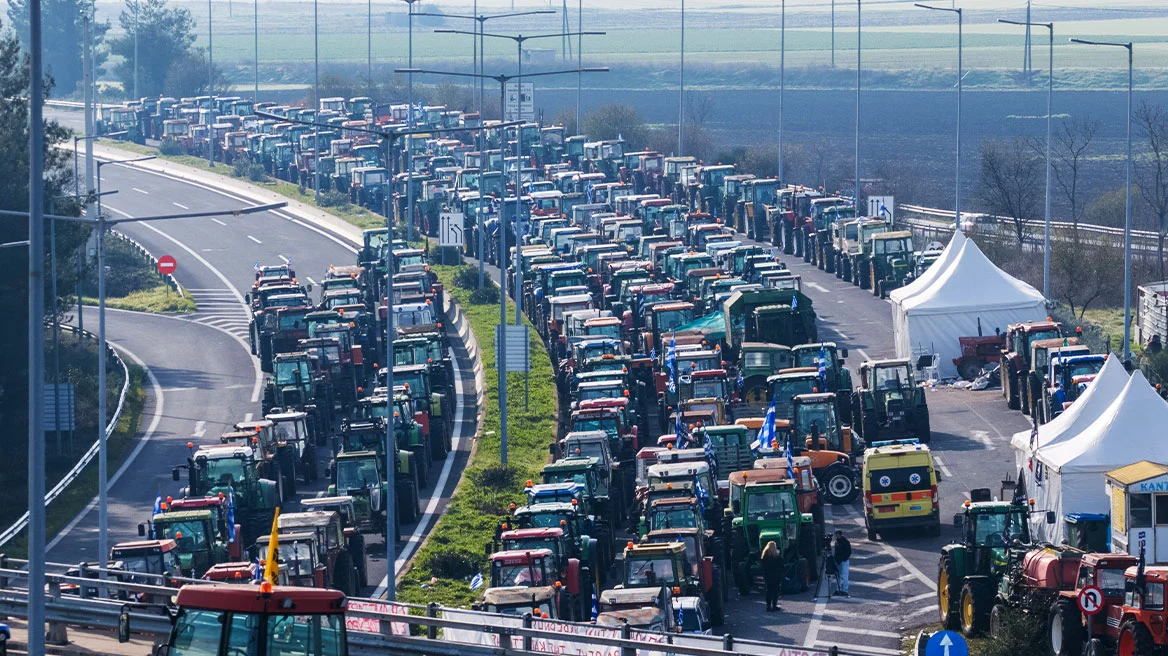The Nordic ritual has been featured in many films and TV shows, such as Game of Thrones and Star Wars. Typically, it involves someone being put to rest on a boat, which is then pushed out to sea and set on fire by a lit arrow. Alternatively, they remain on land and are set on top of a funeral pyre.
Once an extremely popular way of laying family members and friends to rest, the unique style of funeral is practically unheard of in modern day America, which may be down to outdoor cremations being illegal everywhere except for two sites in Colorado.
This may soon change, however, as a bill has been put forward to Maine’s Legislature’s Health and Human Services Committee asking for non-profit organizations that own more than 20 acres of land to be able to hold open-air cremations.
Part of the bill reads:
This bill allows a nonprofit corporation to conduct open air cremations by pyre if the cremation is conducted on property of at least 20 acres that is owned or possessed by the corporation, restricted to one cremation at a time. The bill allows the ashes to be scattered on the property or otherwise disposed of pursuant to law.
According to the Portland Press Herald, one organization looking to host Viking-style funerals is Good Ground Great Beyond, which was established in 2018.
Located in Midcoast Maine, the group owns more than 60 acres of land that it’s aiming to make into a sanctuary.
Good Ground Great Beyond’s intention for the land is ‘to become a contemplative community sanctuary, scattering garden and space for open air cremation,’ its website states.
‘Our mission is to gather minds and hearts together in ongoing and active support of making open air cremation an option available to the community,’ it continues.
Maine isn’t the first US state to consider allowing open-air cremations; in 2019, Missouri legislators passed a bill allowing them too, but state governor Michael Parson vetoed it the Portland Press Herald reports.
Parson said at the time, ‘Without more thorough vetting to ensure that outdoor cremations can be conducted in a manner that fully disposes of the entire remains while also addressing the health and safety concerns of individuals who may be impacted nearby, I am not comfortable with allowing these types of ceremonies to be conducted in our state.’
Source: Unilad
Ask me anything
Explore related questions





